No easy walk to prosperity - Zuma
- By Zimpapers Syndication |
- 10 Jan, 2026 |
- 0
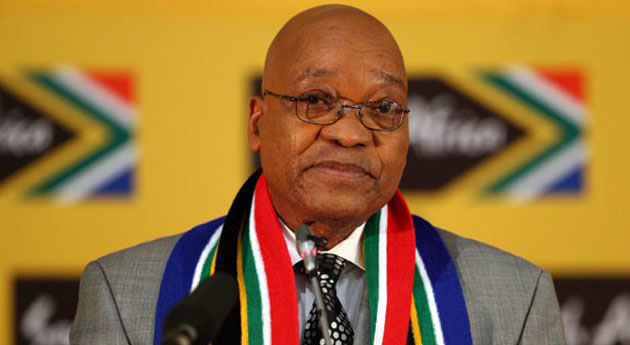
Elvis Muraranganda Windhoek ---
Pan African visionary Dr Kwame Nkrumah’s statement on economic emancipation made more than five decades ago was vindicated by South African President Jacob Zuma this week when he acknowledged that the struggle to achieve economic prosperity is much tougher than the fight for independence.
Speaking during his visit to Nambia where he met his counterpart President Hage Geingob to discuss about the reform of the Southern African Customs Union (SACU), which consists of Botswana, Lesotho, Namibia, South Africa, and Swaziland, Zuma said the road to prosperity was littered with many bumps.
“We were there as part and parcel of Swapo during the struggle. We were together. A struggle, which we believe was very tough and difficult. Many people died, so we can’t say it was not difficult. It was,” he said, on the very day that Namibia’s liberation movement - Swapo Party turned 56 years old.
“It needed people who were ready to sacrifice everything. But it is equally true that the struggle to change the country into prosperity is even more difficult in its own way. When you say the struggle continues, it is absolutely true. It is a struggle that teaches you new lessons as you go along. How do manage? How you do change the quality of life of the people?”
Having served as an active member of the African National Congress’ (ANC) armed wing, Umkhonto we Sizwe, and as a political prisoner in the 1960s, Zuma – who has been president of South Africa since 2009 – has experienced in detail the challenges of achieving both economic prosperity and winning the liberation struggle.
His sentiments resonated strongly with Dr Nkrumah’s bold statement on pan-African emancipation which stated that political independence alone is not enough to meet the aspirations of the people who hunger for social and economic prosperity.
Nkrumah makes the point succinctly: “We must recognise that our economic independence resides in our African union and requires the same concentration upon the political achievement.”
He also renowned for saying that political independence without economic emancipation is meaningless.
South Africa and most other Sadc countries that fought colonialism are increasingly finding the struggle for economic freedom too enormous a struggle when compared to the struggle for their political emancipation.
Inside South Africa, Namibia and most other Sadc countries, the growing gap between the rich and the poor has become a pressing challenge.
Poverty is a huge handicap and most Sadc leaders are now seized with various economic reform programmes to try and improve the living conditions of the majority of the poor.
Turning his attention specifically to SACU issues, Zuma said South Africa is in the process of visiting all the member states of the customs union.
“We started in Botswana yesterday. We are here today. On Thursday we are in Swaziland, and someday thereafter we will be in Lesotho,” he said.
“We thought we should do so, as we are chairing SACU for now, particularly because of the importance of our organisation.”
Zuma said this type of regional engagement is necessary, taking into account the number of meetings that have taken place between members of SACU, as there are discussions that have not yet been brought to a conclusion.
The consultations are a follow-up to the discussions held by the SACU heads of state and government during the inauguration of its new building in Windhoek last year.
The discussions also focused on progress made in implementing the SACU Work Programme, as adopted by the 2011 SACU summit.
South African news reports indicate that consultations with Lesotho are continuing to find a suitable date for Zuma’s visit to Maseru
South Africa currently chairs SACU.
SACU is a customs union grouping of five member countries in Southern Africa: Botswana, Lesotho, Namibia, South Africa and Swaziland.
Its headquarters is in the Namibian capital Windhoek
SACU aims to maintain the free interchange of goods between member countries. It provides for a common external tariff and a common excise tariff to this common customs area.
All customs and excise collected in the common customs area are paid into South Africa’s National Revenue Fund. The revenue is shared among members according to a revenue-sharing formula as described in the agreement.
Several countries in the region are the middle of coming up with economic strategies to their people out poverty, having waged successful liberation wars against coloniser.
Namibia recently unveiled its Harambee Prosperity Plan (HPP), which President Geingob says aims to transform the socio-economic conditions of the poor majority in Namibia.
Harambee focuses on a litany of developmental programmes in areas, such as housing, youth employment, service delivery and effective governance.
If implemented to the letter, Harambee would make Namibia the most competitive economy in southern Africa, government would be more accountable and ministries highly disciplined in handling taxpayers’ money.
In 2013, Zimbabwe adopted its five – year economic blue-print, Zimbabwe Agenda for Sustainable Socio Economic Transformation (Zim – Asset) aimed at developing the country’s economy.
Zim-Asset was crafted to achieve sustainable development and social equity anchored on indigenisation, empowerment and employment creation.
Zimbabwe hopes this economic blue print will be propelled by the exploitation of its human and natural resources.
Zim-Asset is anchored on four pillars namely food security and nutrition, social services and poverty eradication, infrastructure and utilities as well as value addition and beneficiation.
Other Sadc countries have their own economic blue-prints that aim to lift their people out of poverty.
No Comments


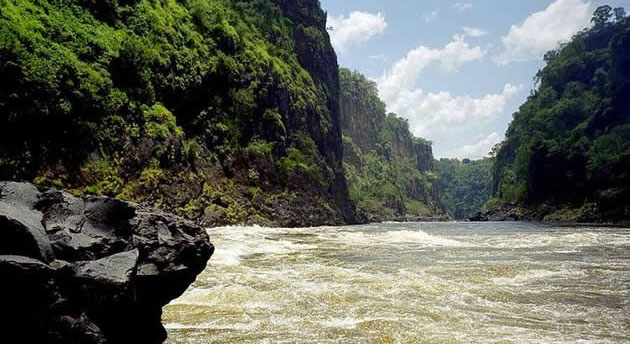
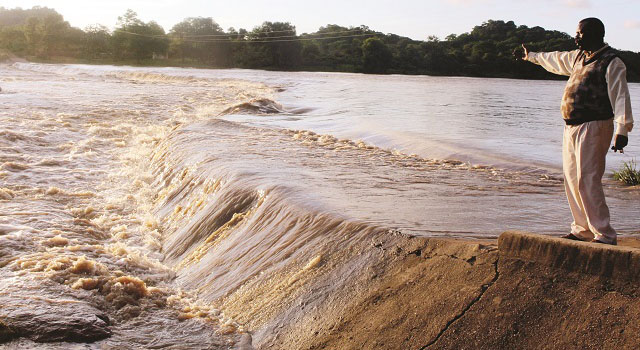
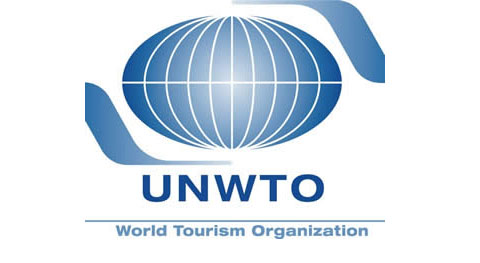
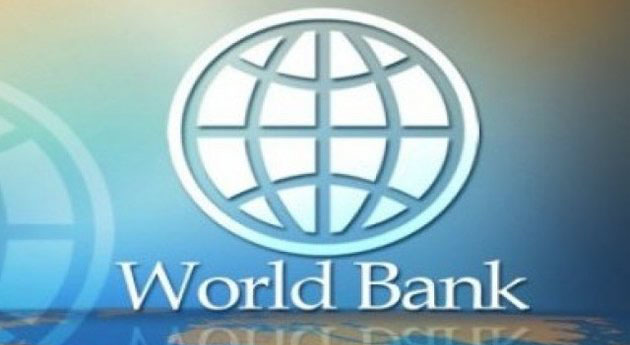

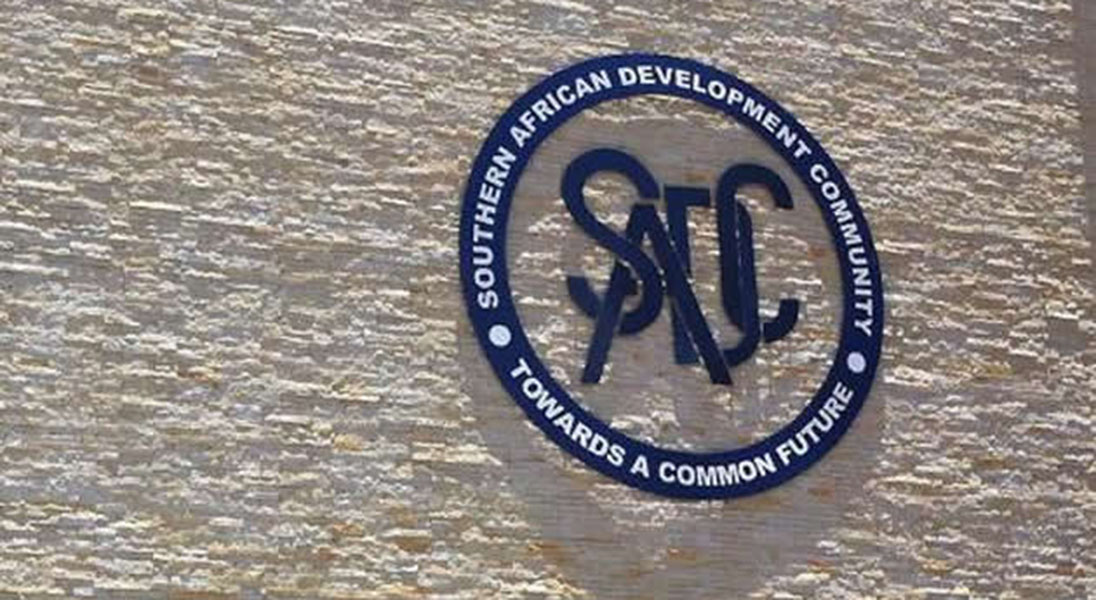


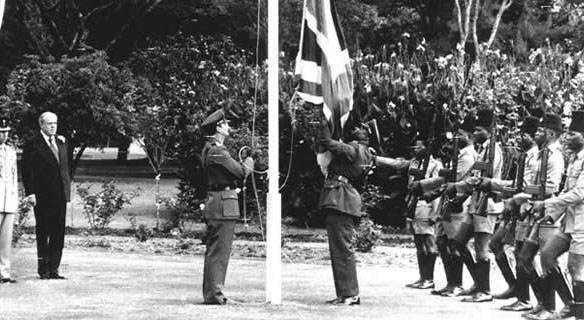
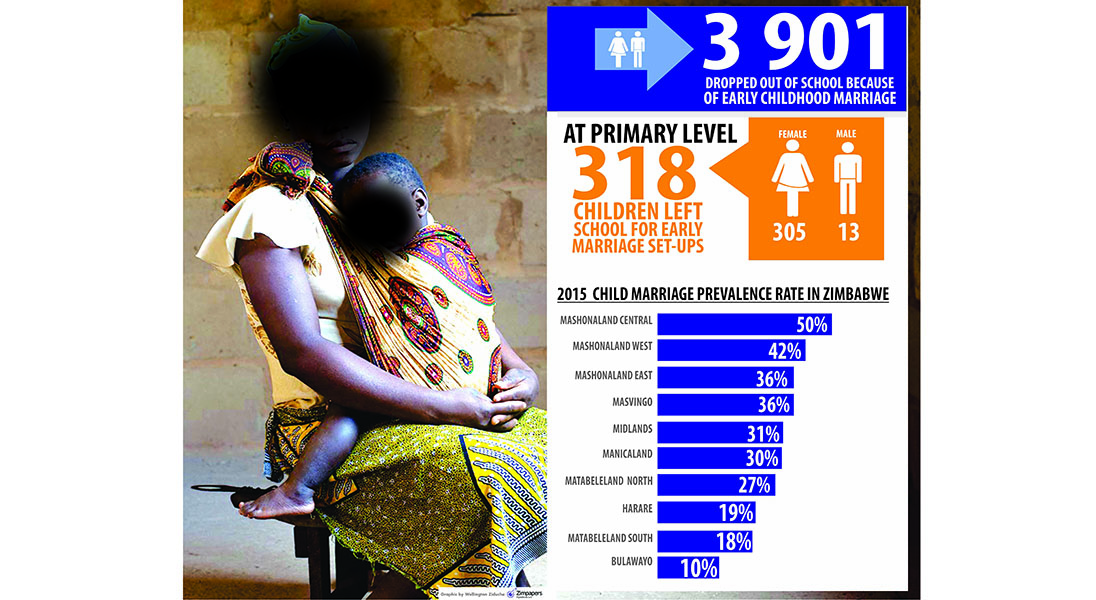
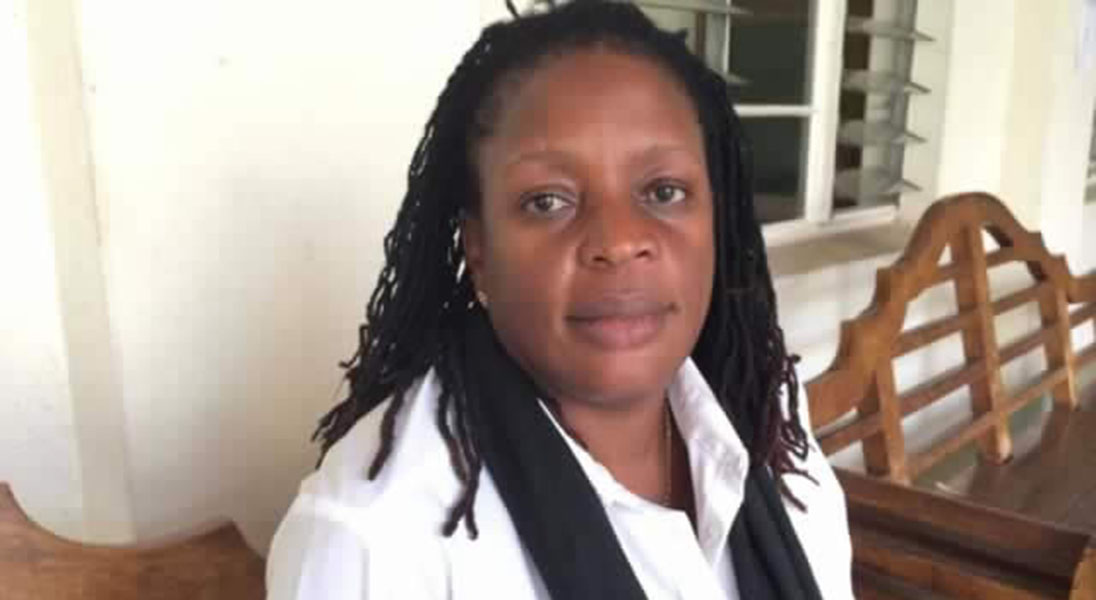
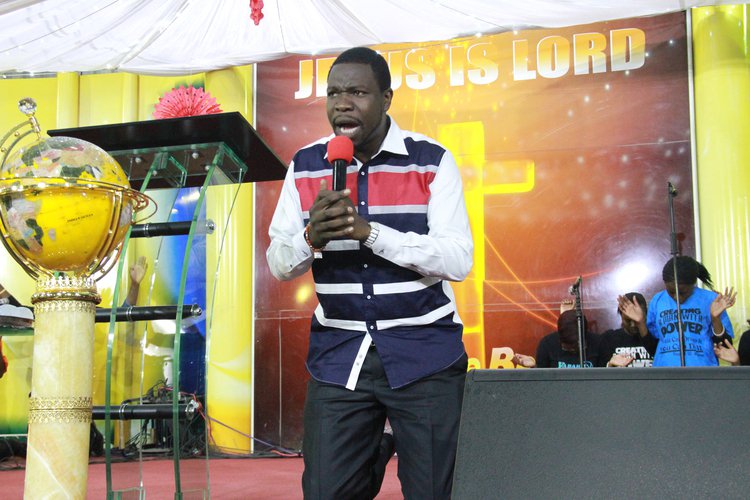
Comment